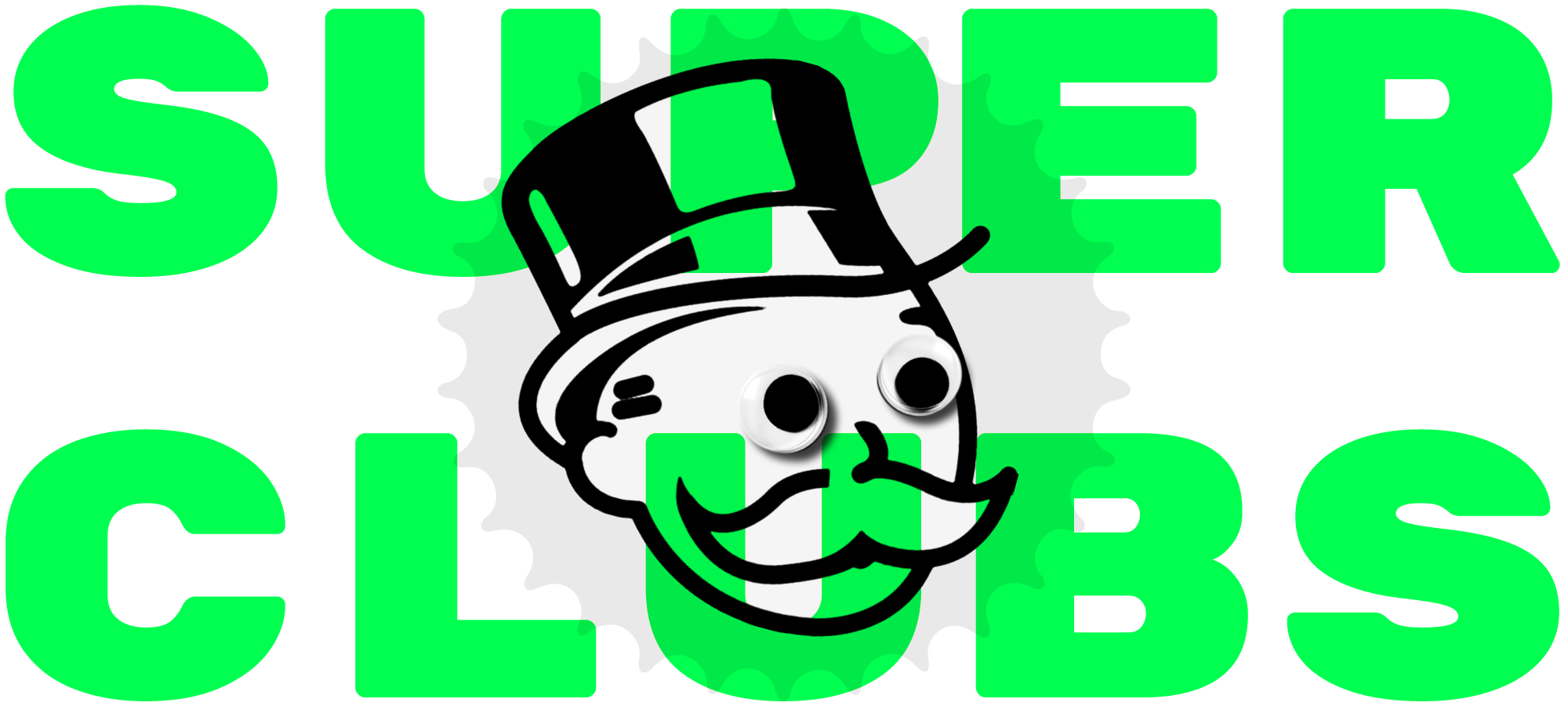Faceless Corporate Sportsball Blogpost
This post is not about football. It’s about the recent ‘peasant revolt’ – yet another anti-elite uprising that reflects the extremely shaky state of the global currency system.

This post is for paying subscribers only
Already have an account? Sign in.
